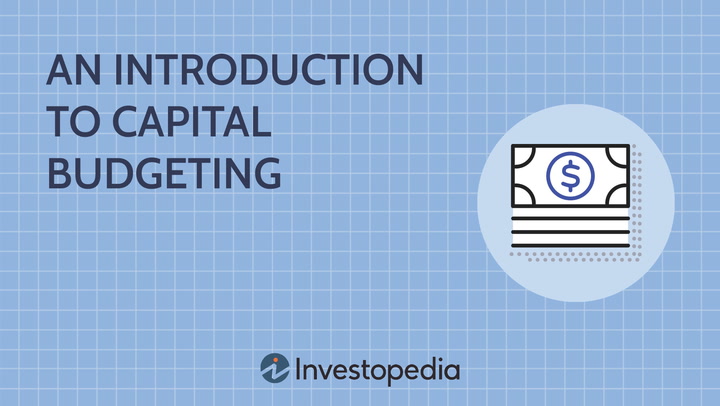Financial budgeting is a crucial tool for managing your finances effectively. By creating a budget, you can track your income and expenses, identify areas where you can save money, and achieve your financial goals.
Steps to Create a Budget
- Track Your Income: List all of your sources of income, including your salary, wages, investments, and any other sources of money.
- Track Your Expenses: Categorize your expenses into different categories, such as housing, transportation, food, utilities, and entertainment. Keep detailed records of your spending.
- Calculate Your Net Income: Subtract your total expenses from your total income to determine your net income.
- Set Financial Goals: Determine your short-term and long-term financial goals, such as saving for a down payment on a house, paying off debt, or building an emergency fund.
- Allocate Your Budget: Based on your financial goals, allocate your net income to different categories. Prioritize essential expenses and allocate funds to savings and debt repayment.
- Monitor and Adjust: Regularly review your budget to track your progress and make adjustments as needed.
Tips for Effective Budgeting
- Be Realistic: Set realistic goals and expectations for your budget.
- Cut Unnecessary Expenses: Identify areas where you can reduce your spending, such as dining out, entertainment, or subscriptions.
- Create an Emergency Fund: Build an emergency fund to cover unexpected expenses.
- Use Budgeting Tools: Utilize budgeting apps or spreadsheets to track your income and expenses.
- Seek Professional Advice: If you’re struggling to manage your finances, consider consulting with a financial advisor.
By following these steps and tips, you can create a budget that helps you achieve your financial goals and take control of your finances.
Would you like to know more about specific budgeting techniques or financial planning strategies?










+ There are no comments
Add yours